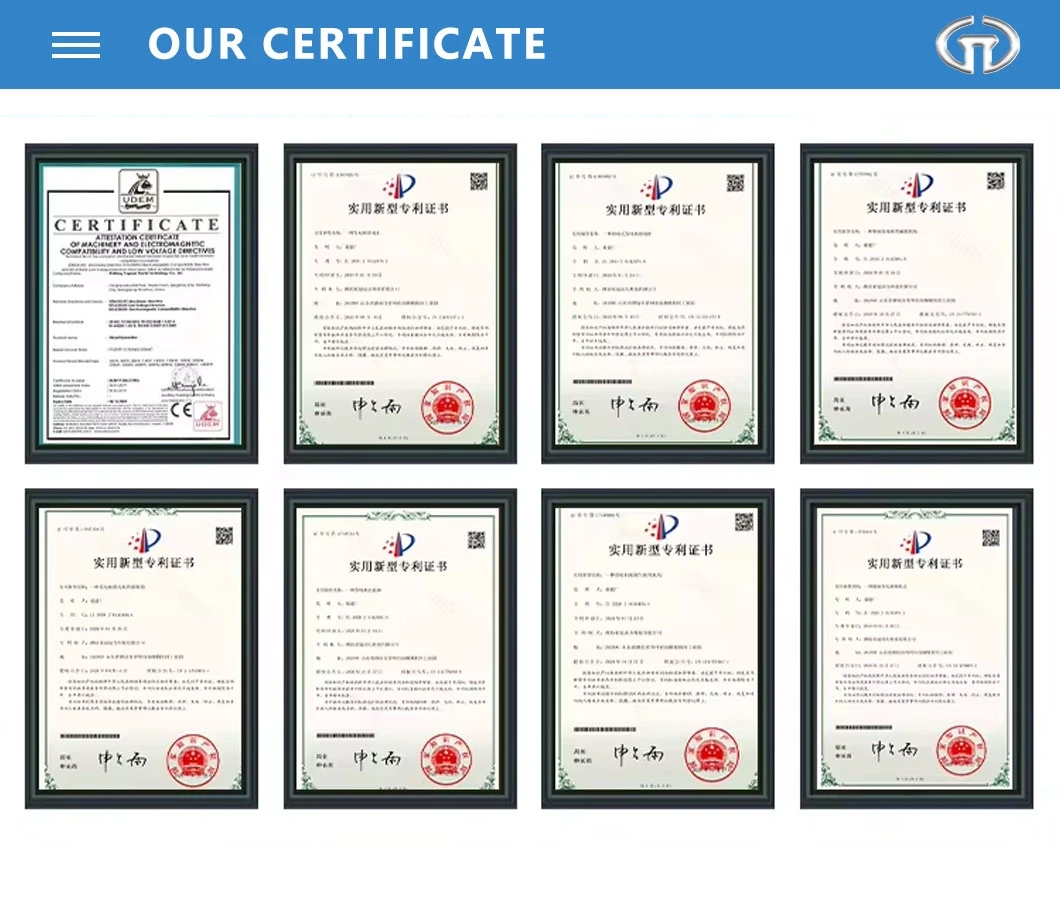Introduction
Diesel generators play a crucial role in providing backup power during emergencies, especially in remote areas where the grid may not be reliable. In islanding operation, diesel generators serve as the primary source of power when the main grid is unavailable or disconnected. This article explores the key aspects of diesel generators for islanding operation, including their working principle, components, advantages, challenges, and best practices.
Working Principle of Diesel Generators for Islanding Operation
Diesel generators operate on the principle of converting the chemical energy stored in diesel fuel into mechanical energy, which is then converted into electrical energy through an alternator. In islanding operation, the diesel generator functions as the main power source for an isolated electrical system, providing continuous electricity supply to critical loads.
When the main grid fails or is purposely disconnected, the diesel generator automatically starts and synchronizes with the load to ensure a seamless transition to islanding operation. The generator controls the voltage and frequency of the electrical system to maintain stable and reliable power supply to essential equipment and appliances.
Components of Diesel Generators for Islanding Operation
1. Engine: The heart of a diesel generator is the engine, which burns diesel fuel to produce mechanical energy. Diesel engines are known for their durability, efficiency, and ability to provide high power output for extended periods.
2. Alternator: The alternator is responsible for converting the mechanical energy from the engine into electrical energy. It generates an alternating current (AC) output that matches the voltage and frequency requirements of the connected electrical system.
3. Control System: The control system of a diesel generator includes sensors, relays, and controllers that monitor and regulate various parameters such as voltage, frequency, temperature, and fuel level. 150kw diesel generator ensures the safe and efficient operation of the generator in islanding mode.
4. Fuel System: Diesel generators require a fuel system to store, supply, and manage the diesel fuel needed for continuous operation. The fuel system includes fuel tanks, filters, pumps, and lines that deliver fuel to the engine for combustion.
5. Cooling System: The cooling system of a diesel generator helps maintain optimal operating temperatures for the engine and other components. It typically consists of a radiator, coolant, fan, and circulation pump to dissipate excess heat generated during operation.
Advantages of Diesel Generators for Islanding Operation
1. Reliability: Diesel generators are known for their reliability and robustness, making them suitable for islanding operation where continuous power supply is critical. They can start quickly and provide stable power output even in harsh environmental conditions.
2. Fuel Efficiency: Diesel engines are more fuel-efficient compared to other types of generators, resulting in lower operating costs over the long term. This makes diesel generators a cost-effective solution for islanding applications where fuel availability may be limited.
3. Longevity: Diesel generators have a longer lifespan and require less maintenance compared to gasoline generators. With proper care and maintenance, a diesel generator can last for decades, providing reliable backup power for extended periods.
4. Power Output: Diesel generators are capable of delivering high power output, making them suitable for powering essential loads in islanding mode. They can support a wide range of electrical equipment and appliances, ensuring uninterrupted operation during grid outages.
Challenges of Diesel Generators for Islanding Operation
1. Emissions: Diesel generators emit pollutants such as nitrogen oxides (NOx) and particulate matter, which can contribute to air pollution and environmental degradation. To mitigate these emissions, diesel generators may require additional exhaust treatment systems or alternative fuel options.

2. Noise: Diesel generators can be noisy during operation, especially in residential or sensitive areas. Proper acoustic insulation and soundproofing measures may be needed to reduce noise levels and minimize disturbances to nearby residents.
3. Fuel Storage: Diesel fuel storage poses logistical challenges, especially in remote or island locations where fuel delivery may be limited. Adequate fuel storage capacity and proper fuel management practices are essential to ensure continuous operation of diesel generators.
Best Practices for Diesel Generators in Islanding Operation
1. Regular Maintenance: Routine maintenance is crucial to keep diesel generators in optimal condition for islanding operation. This includes regular inspections, oil changes, filter replacements, and testing of critical components to prevent unexpected failures.
2. Load Testing: Periodic load testing of diesel generators is essential to verify their performance and capacity in islanding mode. Load testing helps identify any issues or limitations that may affect the generator's ability to support critical loads during power outages.
3. Fuel Management: Proper fuel management is key to ensuring the availability and quality of diesel fuel for diesel generators in islanding operation. Regular fuel testing, rotation, and storage practices help prevent fuel degradation and contamination that can impact generator performance.
4. Remote Monitoring: Remote monitoring systems allow operators to track the status and performance of diesel generators in real time, even in islanding mode. Remote monitoring enables proactive maintenance, troubleshooting, and optimization of generator operation for enhanced reliability and efficiency.
Conclusion
Diesel generators play a vital role in islanding operation, providing reliable backup power to critical loads when the main grid is unavailable. Understanding the working principle, components, advantages, challenges, and best practices of diesel generators for islanding operation is essential for ensuring continuous and stable power supply in remote or isolated electrical systems. By following proper maintenance, testing, and fuel management practices, diesel generators can serve as dependable sources of backup power for various applications, including emergency response, off-grid installations, and remote communities.
